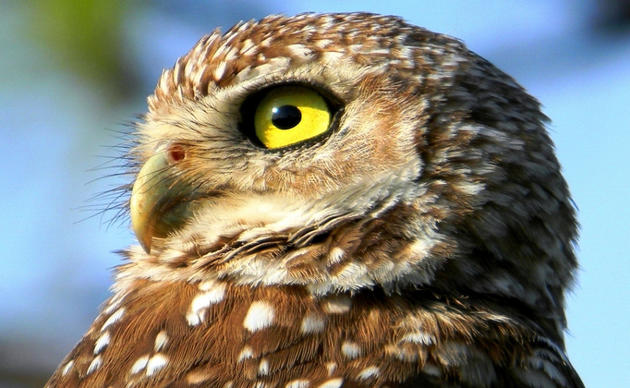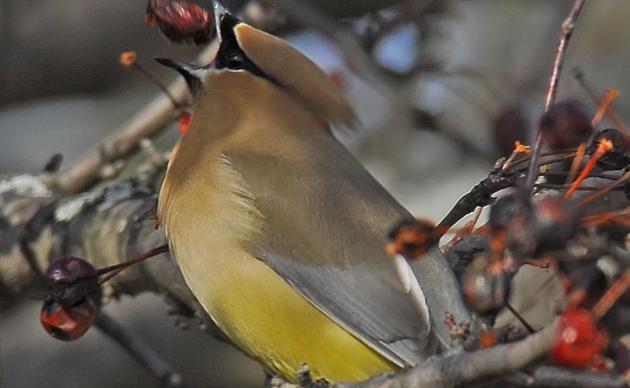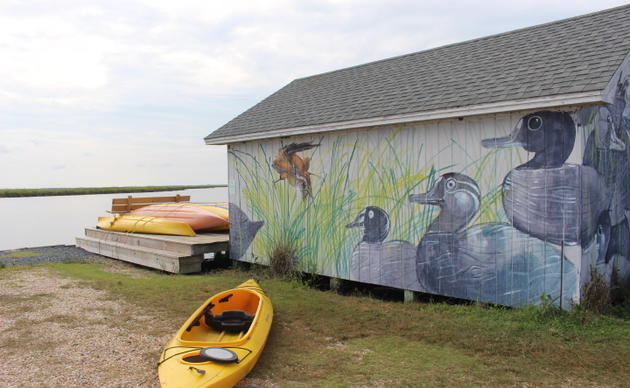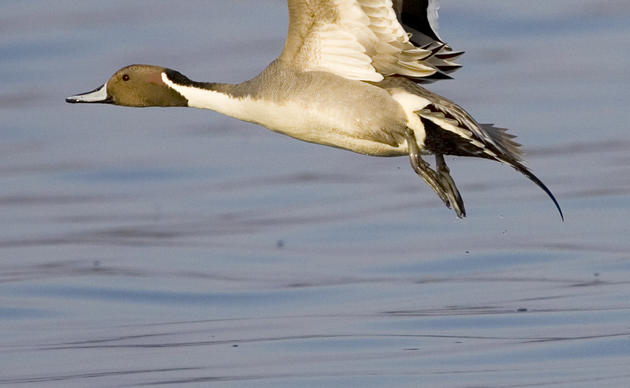Shaping a healthy climate and clean energy future
The effects of climate change can already be seen on our coasts. The mid-Atlantic region, and much of the North Carolina coast, is projected to experience some of the highest rates of sea level rise in the country.
The serious effects of climate change are felt by wildlife as much as by people. Some bird species will move on to discover suitable habitat and food sources, while others will find that the insects or plants they rely on for food are out of sync, or that their necessary habitats are gone. Without proper habitat for nesting and sustainable food sources, these birds could see massive declines in population.
To mitigate this effect, Audubon’s climate scientists have identified “strongholds”, places critical to bird survival in the face of climate change. The Audubon Sanctuary in Corolla is ranked in the top 2% of the most critical strongholds for bird survival, a revelation that is shaping how our team develops conservation strategies to protect birds in North Carolina.
Responding to Climate Change
In response to climate change and global warming, Audubon scientists analyzed 40 years of data finding that nearly 60 percent of the birds found in North America during winter months have shifted their ranges northward by an average 35 miles. Audubon is responding to this unprecedented and complex challenge with an equally unprecedented combination of strategies. A critical element is identifying, protecting and managing important sites.
Through the Shaping a Healthy Climate and Clean Energy Future and the Salt Marshes for Tomorrow initiatives, Audubon and its partners will plan and facilitate the creation of new marshes to replace habitat (marsh mitigation) and improve the condition of existing marshes in order to increase the population of a variety of wildlife species.
The Donal C. O'Brien, Jr. Sanctuary and Audubon Center is one vulnerable marsh landscape in the Atlantic Flyway, the avian migration route encompassing the east coast of the United States, where Audubon's research will lead to management practices to help both birds and people in the face of climate change impacts.
To learn more about Audubon’s work to protect North Carolina’s birds from the effects of climate change, sign-up for our eBulletin.
How you can help, right now
Stay in Touch with Pine Island
Learn about the bird conservation research taking place at Pine Island and find nature-focused events happening at this Important Bird Area along the Outer Banks in our periodic eBulletin.
Kayak Sign-up
Click Orange Button to register for Guided Kayak Programs
Protect the Sanctuary
Every donation will be used to protect the 6,000 acres of marsh complex within the sanctuary and the wildlife it supports.




